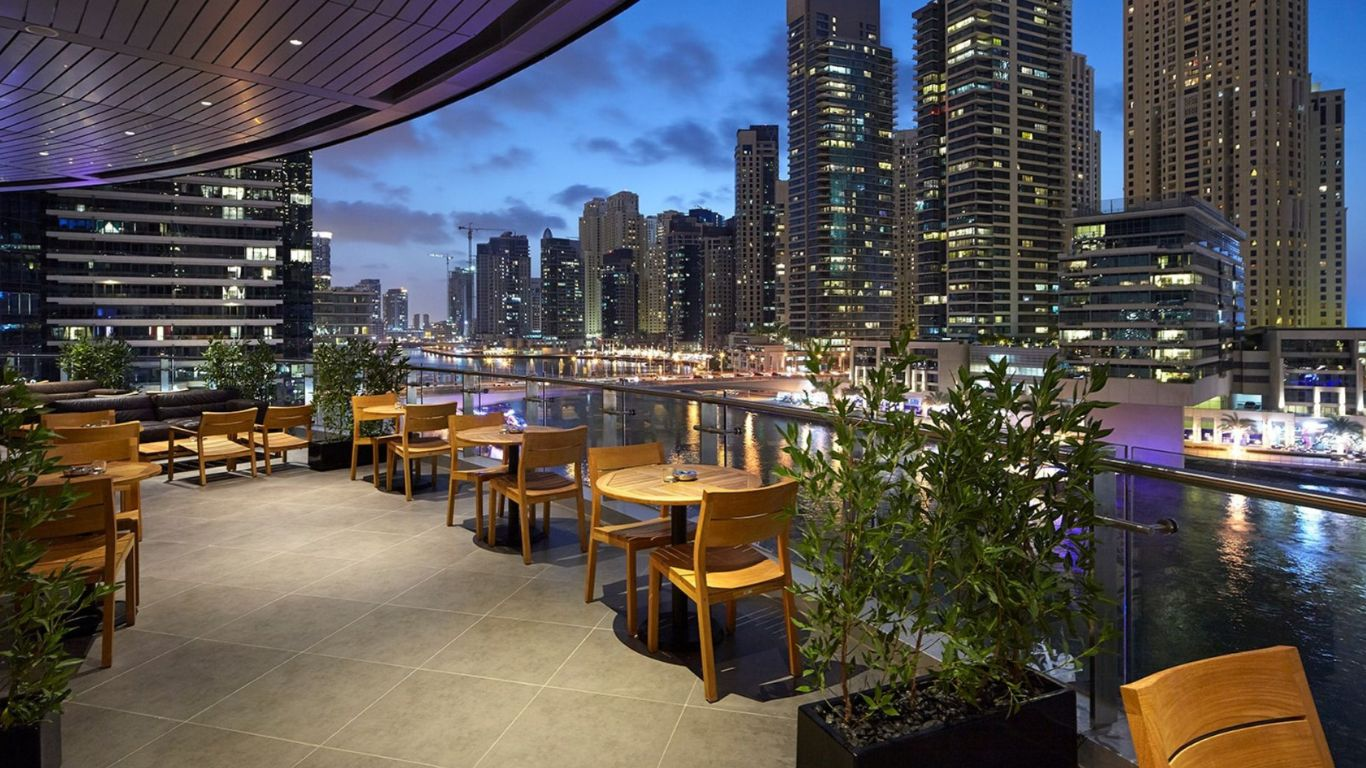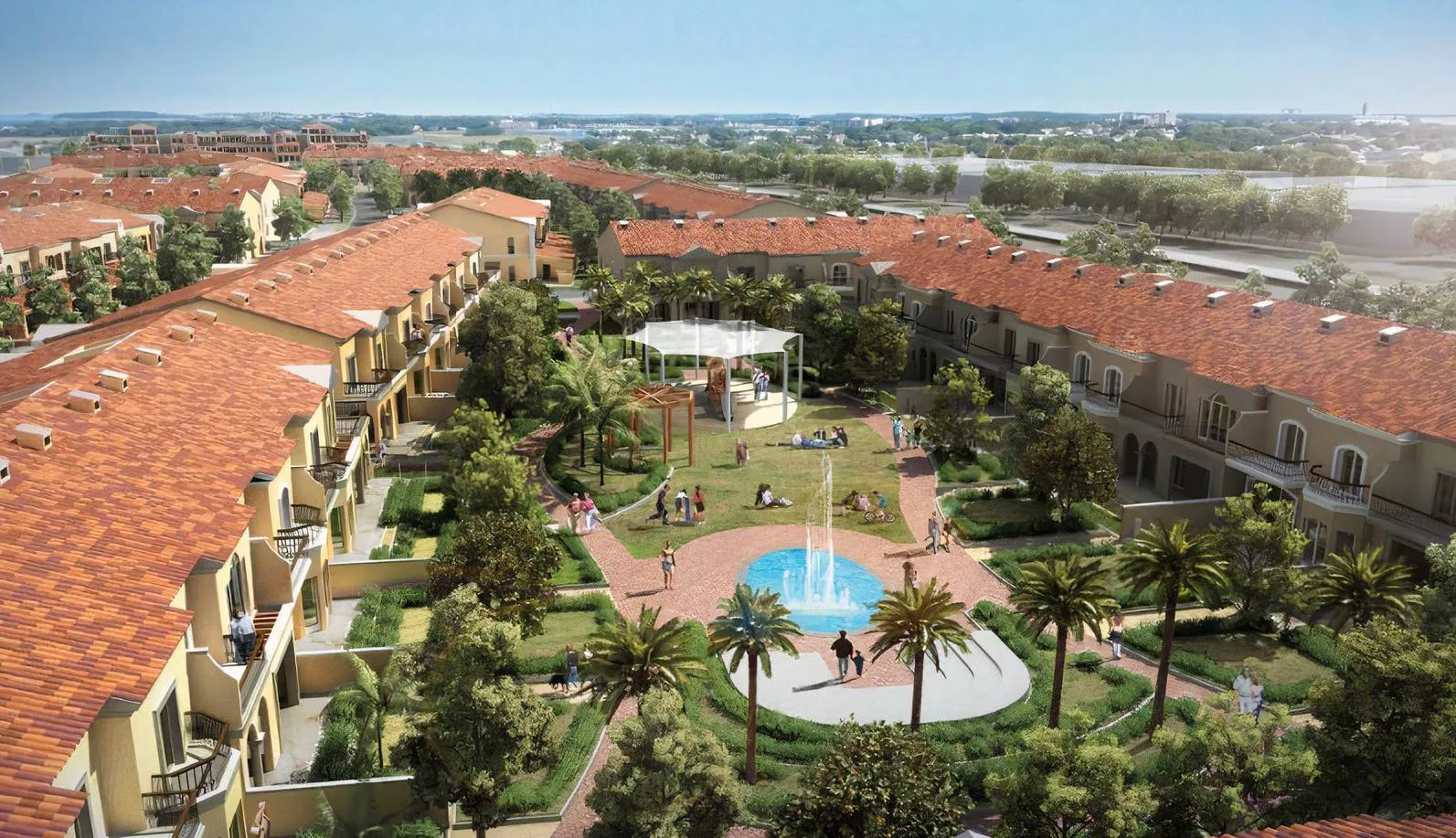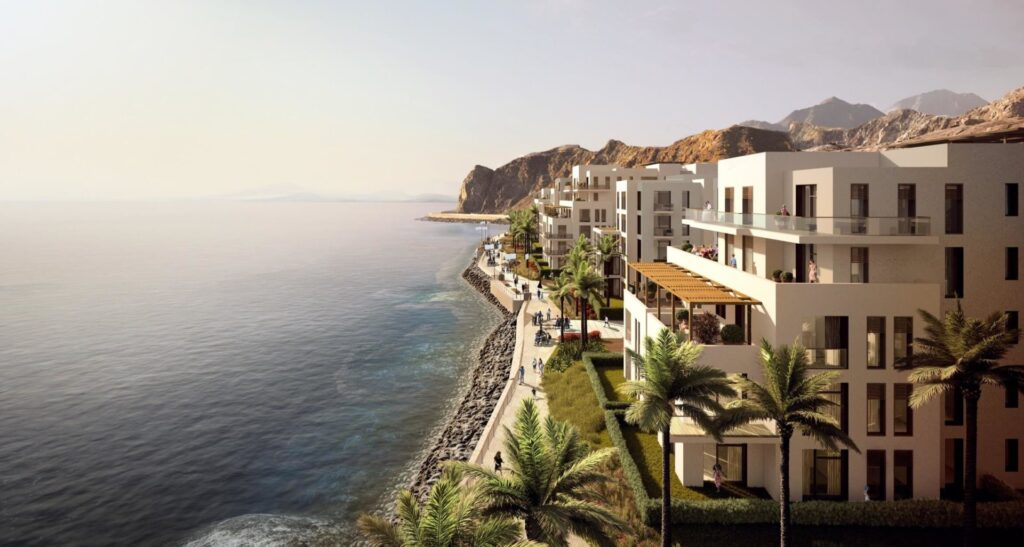Now Reading: Dubai Real Estate: 7 City Projects Aligned With UAE Tax Policy Changes
-
01
Dubai Real Estate: 7 City Projects Aligned With UAE Tax Policy Changes
Dubai Real Estate: 7 City Projects Aligned With UAE Tax Policy Changes

Table of Contents
Dubai is rolling out major policy updates in 2025 that affect real estate investors worldwide. Key changes include expanded freehold zones, digital transaction systems, strengthened regulations for short-term rentals, sustainability incentives, and corporate tax reforms. These updates are closely tied to seven flagship real estate projects that exemplify Dubai’s new strategies and promise strong returns.
1. Business Bay – Waldorf Astoria Residences
What’s new: Business Bay remains a central business and residential district with robust demand. It now benefits from new digital transaction systems—REST and blockchain platforms—that streamline purchases and rentals .
Why it matters: The Waldorf Astoria Residences attract high-net-worth buyers seeking luxury and tax advantages. With no income or capital gains tax and 0% corporate tax for qualifying entities, these branded residences align perfectly with Dubai’s vision .
2. Dubai Creek Harbour – Dubai Creek Tower
What’s new: Dubai Creek Harbour has become a freehold zone expanded in 2025, opening access to more foreign investors . Trades are processed digitally via REST.
Why it matters: The soon-to-be-completed Dubai Creek Tower, developed by Emaar, is positioned to gain from transparency and tax-neutral status. Digital platforms ensure frictionless transactions, enhancing appeal for U.S. and global investors (UAE Centre).
3. Mohammed Bin Rashid City – Green-Standard Mixed-Use
What’s new: MBR City mandates green-building standards and offers incentives like fast-track approval and fee reductions .
Why it matters: Projects by Emaar or Meydan in MBR City benefit from sustainability-linked fee cuts. These align with 2025 policy shifts emphasizing eco-friendly development and energy efficiency .
4. Dubai Silicon Oasis – Digital Rental Index Uptake
What’s new: Dubai introduced an AI-powered Smart Rental Index in 2025, regulating rent increases up to 15% annually .
Why it matters: Properties in Dubai Silicon Oasis, a tech-driven free zone, now use transparent, indexed rental pricing. This consistency attracts long-term tenants and reassures U.S. investors .
5. Jumeirah Lake Towers (JLT) – Bayz 102 and Diamondz (Danube Properties)
What’s new: JLT is among the newly expanded freehold zones . REST migration and blockchain-based tokenization now support fractional real estate ownership (UAE Centre).
Why it matters: Danube’s Bayz 102 features a helipad and tokenized ownership models, reducing buying thresholds. Diamondz focuses on affordable luxury—both tied to 2025 rules encouraging fractional investments .
6. DIFC / Dubai International Financial Centre – REIT-Friendly Infrastructure
What’s new: The UAE’s 2025 tax reforms allow qualifying REITs and Investment Funds corporate tax exemptions under Cabinet Decision 34 . The DIFC free zone continues to offer 100% foreign ownership and zero corporate tax.
Why it matters: Commercial-residential buildings in DIFC increasingly utilize REIT structures, benefitting from tax exemptions. Foreign investors in REITs can be confident in dividends exempt from UAE tax (BSA LAW).
7. Dubai Healthcare City – Fractional Ownership Hub
What’s new: Dubai Healthcare City is part of the expanded freehold areas . Blockchain-based tokenization allows property sharing via digital tokens (estatemagazine.ae).
Why it matters: This zone now attracts smaller investors through fractional models. Healthcare professionals and investors can own partial shares of clinic-facing apartments with digital security and regulatory clarity .
How 2025 Policies Support These Projects
Expanded Freehold Zones
Areas like Dubai Creek Harbour, JLT, DIFC, and Healthcare City are now fully accessible to foreigners, expanding the investment universe (UAE Centre).
Digital & Blockchain-Enabled Transactions
REST and blockchain tech have digitized title transfers and tokenization, reducing delays, enhancing transparency, and lowering entry barriers .
ESG and Green Building Incentives
Financial rewards, fee reductions, and incentives for sustainable development align with Dubai’s 2040 plan and favor eco-friendly zones like MBR City (RG Group of Companies).
Regulated Short-Term Rentals
New rental rules for Airbnb-style lets ensure quality and stability—especially in Business Bay, Dubai Silicon Oasis, and JLT (RG Group of Companies).
Corporate Tax and REIT Structures
Though corporate tax is 9%, new exemptions for qualifying REITs, funds, and limited partnerships (Cabinet Decision 34) help DIFC and similar zones remain tax-efficient (BSA LAW).
What This Means for U.S. Investors
- Property Rights & Ownership: Expanded freehold access means U.S. buyers can own core city assets, not just satellite residences.
- Lower Buy-in Costs: Tokenization enables investment via smaller digital shares, ideal for varied portfolios.
- Income Predictability: Rental indexing caps unpredictable increases, making returns more stable.
- Sustainable Advantage: Green incentives may translate into lower utility costs and higher long-term value.
- Tax Efficiency: Understanding UAE tax benefits and new exemptions (for REITs, QIFs) is vital—even as U.S. citizens must report global income for IRS purposes.
Investor Checklist for 2025
- Assess Freehold Eligibility – Focus on projects within newly designated zones.
- Digital Setup – Establish DLD REST accounts and investigate tokenized ownership platforms.
- Verify ESG Compliance – Prioritize green-certified developers in MBR City and Business Bay.
- Understand Rental Regulations – Especially crucial for short-let properties in Business Bay and Silicon Oasis.
- Review REIT Structures – For projects in DIFC, factor corporate tax exemptions into your investment plan.
- Consult Professionals – On U.S. tax reporting, VAT implications, and fund structures under new Cabinet Decision 34.
Final Thoughts
Dubai’s 2025 real estate policies mark a transformative shift toward transparency, sustainability, and investor protection. The seven highlighted projects demonstrate how tax alignment, digital modernization, and eco-centric planning are reshaping the city’s property landscape. For U.S. investors seeking both upside and regulatory clarity, these developments provide a compelling investment case in one of the world’s most dynamic real estate markets. Dubai City Projects
read more: Dubai Investment Park: 6 Commercial–Residential Projects With Tax‑Free Potential in 2025






















